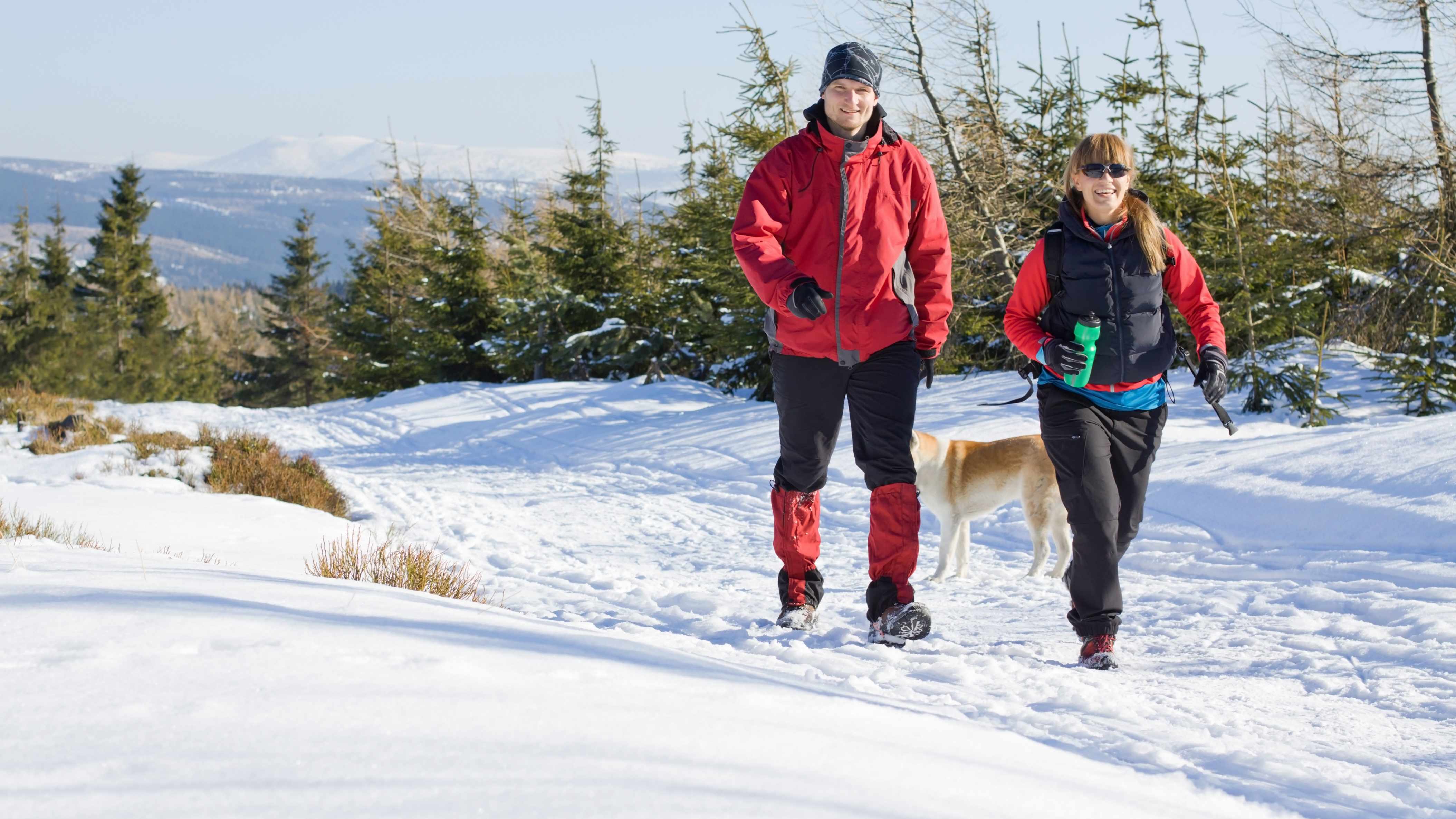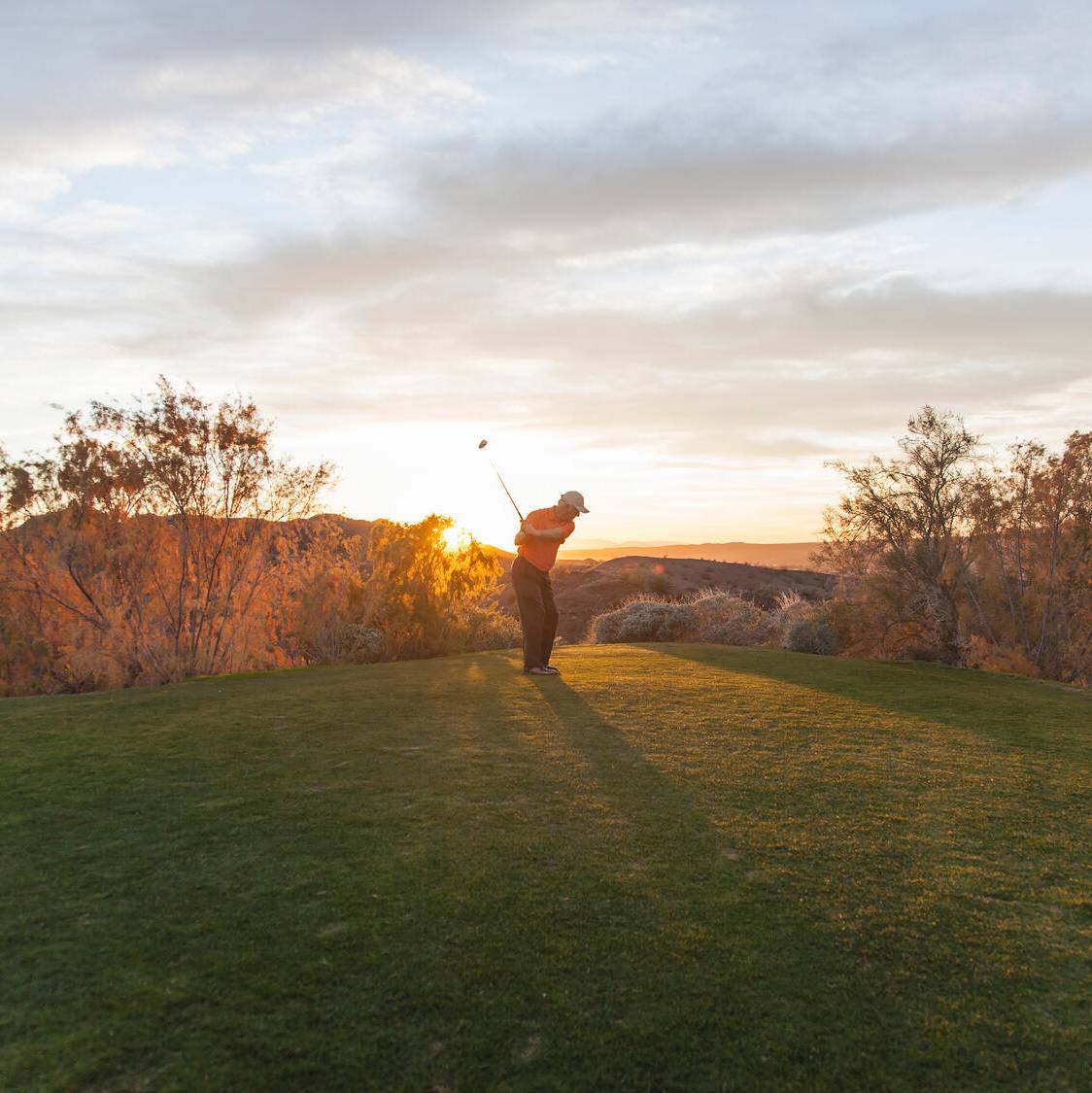-
Featured News
10 essentials for your outdoor winter adventure

Venturing outdoors for recreation during winter months can be an exhilarating (if a little chilly) experience. There are many ways to get outdoors during the winter months, including downhill skiing, cross-country skiing, snowshoeing, ice fishing and, a more recent addition, fat biking. The nature of the outdoor environment in winter adds extra challenge and some extra danger.
“Colder temperatures pose an obvious threat, and wind plays an even bigger role in causing convective heat loss,” says Doug Larsen, a Mayo Clinic Health System emergency medicine physician assistant. “The ice and snow make travel to and from recreation spots more dangerous, and orthopedic injuries are more likely during recreational activities.”
Larsen recommends carrying these essentials when out on the trail or ice:
- Compass/navigation equipment
- Fire-starting equipment
- Signaling device, such as flares or a whistle
- Small snack
- Knife or multi-tool
- Headlamp
- Sun protection, including sunscreen and sunglasses
- Insulation (extra gloves or layers)
- Adequate water and water purification
- Emergency shelter (bivy sack or jumbo trash bag)
“Many people don’t realize that the sun in winter is dangerous in different ways than in the summer,” says Larsen. “You can still get a sunburn in winter. Additionally, ultraviolet keratitis from the reflection off the snow ─ also called snow blindness ─ can be an issue.”
In addition to carrying the 10 essentials, Larsen advises these actions:
- Study the map and familiarize yourself with the area you’re exploring. Don’t rely on GPS.
- Tell someone where you’re going and when you plan to return. Also, tell them if your plans change.
- Check the weather forecast, and dress accordingly.
- Bring a small first-aid kit. A first-aid kit is loaded with supplies that can help protect an open wound and mitigate the risk of infection.
“In general, these rules apply through all seasons but are perhaps even more important during the winter,” adds Larsen. “The farther from civilization you plan to go and the colder it is, the more prepared you need to be. But don’t be too complacent. Getting stuck just outside town can be just as cold and difficult as getting stuck in remote Alaska if you aren’t prepared. With a little preparation, you can safely enjoy the outdoors in the winter — or really any time of year.”







